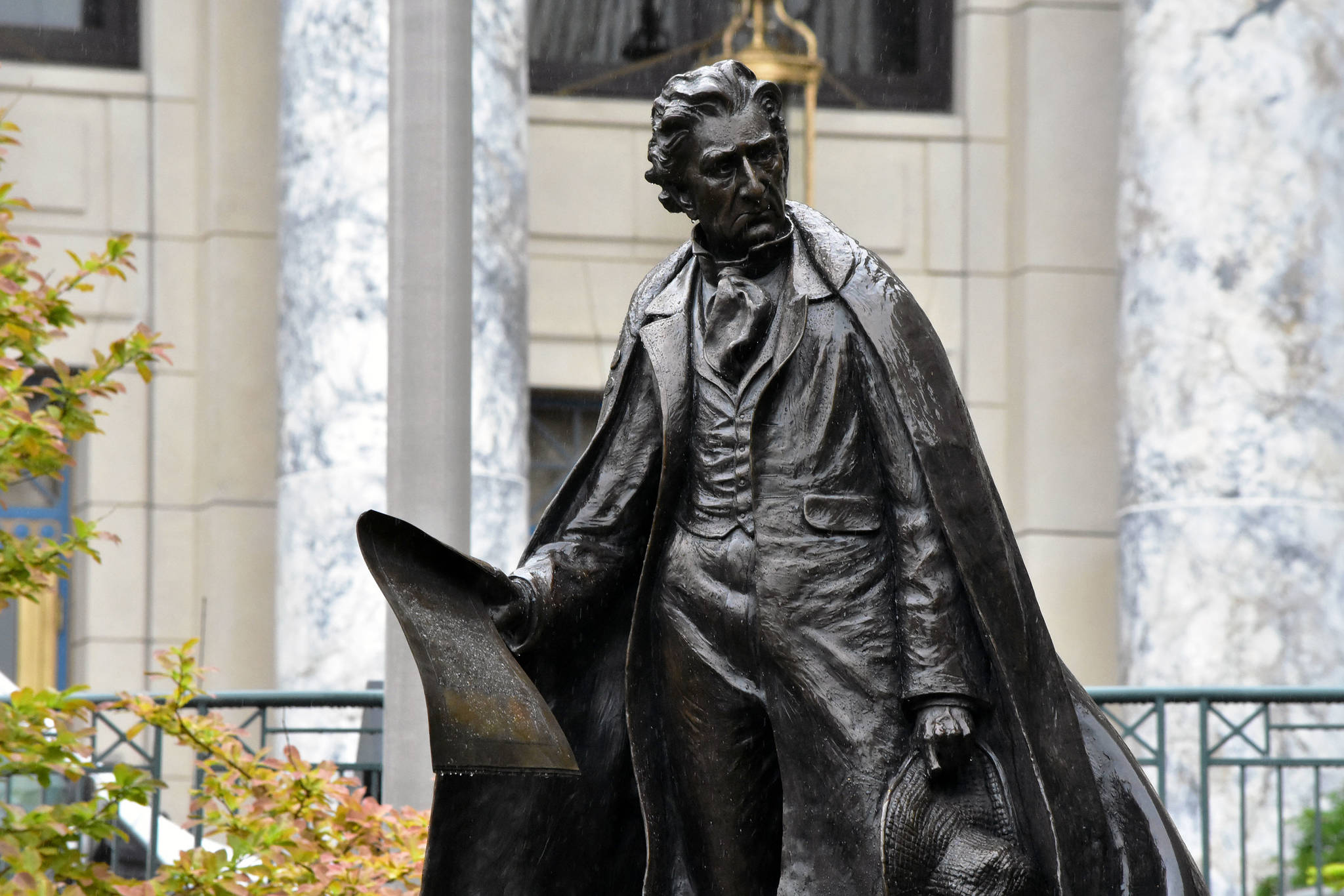At a time when public officials are to consider a proper response to the demand for the removal of the statue of William Henry Seward in Juneau, I hope that they will recall not only Secretary Seward’s role in the acquisition of Alaska from Russia but also his leadership in as an anti-slavery abolitionist.
Besides, at least for me, a lawyer, another important part of the Seward legacy occurred in 1846, when he was the first lawyer in American history to seek to utilize the 1843 British not-guilty-by-reason-of-insanity defense, known as the M’Naghten rule. Ultimately, the New York Court of Appeals accepted the M’Naghten standard as the law in New York. At this time in history when the American people are confronting issues of racial identity in the administration of justice, Seward’s courageous and early role as a defense lawyer should be inspiring. Seward entered his client’s insanity plea and requested a jury trial in the presence of a mob of angry indignant people, some of whom threatened personal violence against him.
Seward’s client was William Freeman, a deaf African Native American, who stood accused of murdering several members of a prominent white family in Auburn, New York. The criminal case has been described as historically important because of the novelty of the insanity standard, the racial polarization surrounding it and the establishment of insanity as a ground for escaping criminal responsibility. Freeman, Seward’s client, was a young man in his early 20s and the mentally disturbed child of a slave. Incidentally, Seward, then a former New York governor, accepted the case pro bono.
Joe P. Josephson,
Anchorage
• Columns, My Turns and Letters to the Editor represent the view of the author, not the view of the Juneau Empire. Have something to say? Here’s how to submit a My Turn or letter.
